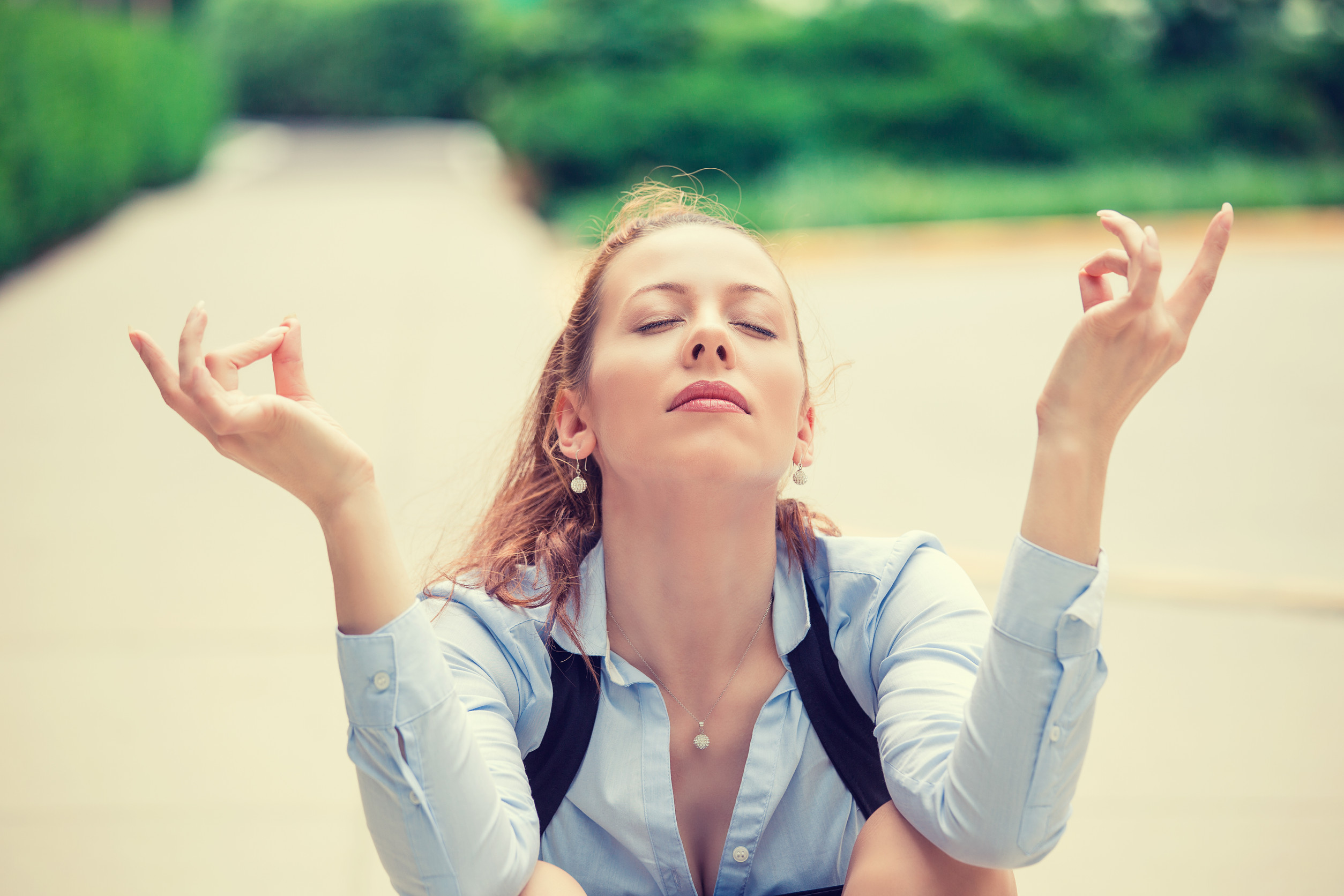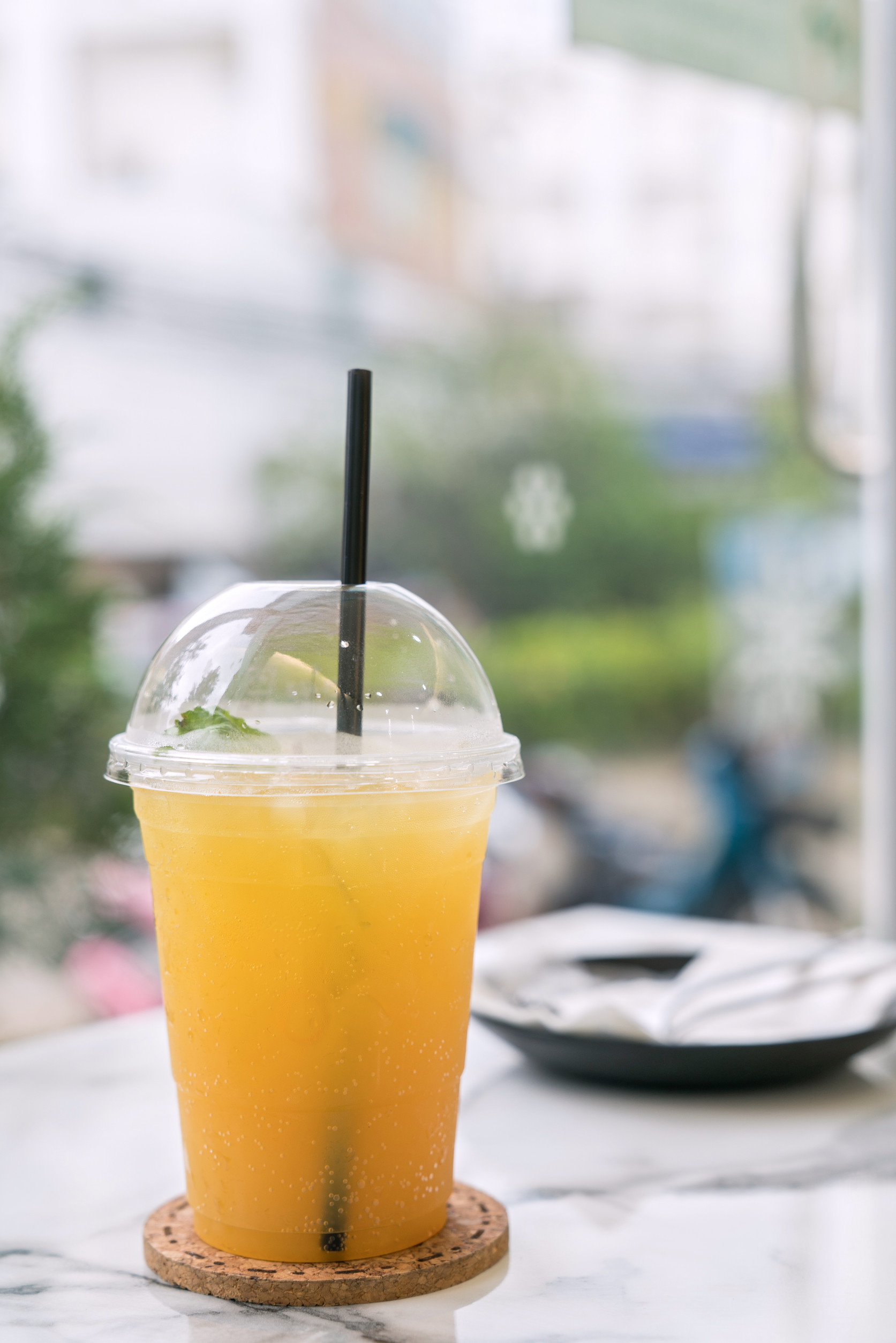Among TikTok’s whirlwind of wellness hacks, one sip has grabbed everyone’s attention: the viral anti‑stress drink promising to help you unwind and reset. Marketed as a quick-fix for cortisol overload, this beverage is popping up in videos and wellness feeds everywhere — but the question is: does it actually live up to the hype? From adaptogens to electrolytes, the ingredients vary, but the benefits are often nebulous. To help you cut through the noise, we followed the money and the science to see what’s really behind this trendy beverage. Let’s explore what it contains, whether experts back it, and whether it’s worth that Insta-famous claim.
What’s in the Anti‑Stress Drink?
The core ingredients in most viral anti‑stress drink recipes are common kitchen staples: coconut water, citrus juice (orange or lemon), sea salt or cream of tartar, and sometimes a dash of cayenne. Some versions include a magnesium-boosting powder or adaptogens like ashwagandha. Coconut water offers hydration and electrolytes, while citrus provides vitamin C and a flavor lift. Sea salt or cream of tartar supplies trace minerals like potassium and magnesium. The adaptogen additions aim to support mental calm but may lack dosing transparency.
@mama_blue.sunshine omg this didnt go as planned #mamabluesunshine #sahm #cortisol #cortisoldrink #stressrelief #firstofthemonth #fyp #coconutwater #vitacocopartner #drinkrecipe #cortisolhack #highcortisol @Vita Coco #gonewrong #relatable #momtok #momsoftiktok #momtoktakeover ♬ Slipknot style, evil death metal – 212soundworks
Does Science Say It Cuts Stress?
Despite the catchy ELIXIR label, there’s currently no solid evidence showing this anti‑stress drink directly lowers cortisol or relieves stress by itself. Experts say the ingredients—electrolytes and vitamin C—can help rehydrate or provide minor mental boosts, but won’t significantly affect stress hormones. A drink that hydrates may help you feel less tense, but that’s far from a medical shift in cortisol levels. Registered nutritionists stress that overall wellness habits—sleep, mindfulness, exercise—play a much bigger role in stress management. So while it may feel refreshing, don’t count on dramatic hormonal changes after one sip.
What the Health Experts Say
Health pros caution that the trending anti‑stress drink might be harmless for many, but not all. If you have high blood pressure, heart issues, or kidney problems, the added sodium could be risky. Diabetics should be wary of the citrus sugar content, too. The adaptogen versions may interact with medications or endocrine functions, so consult your doctor first. In short, it’s not poison, but it’s also far from a stress-eliminating cure.
Viral Relaxation Drinks: Part of a Broader Trend

Image Source: 123rf.com
The anti-stress drink isn’t the only functional beverage trending in 2025. The drink sits among a wider category of relaxation drinks packed with melatonin, GABA, kava, chamomile, L‑theanine, and other botanicals. Brands like Poppi (prebiotic soda owned by PepsiCo) follow the movement, marketing wellness-focused drinks on social media. Functional and adaptogenic beverages are gaining ground, valued at nearly $2.7 billion and growing at ~8% annually. Still, many of these products face questions about misleading labels or whether small ingredient doses really matter.
Should You Drink It? Depends on Your Goals
If you’re looking for a gentle hydration boost with a mild ritual, the anti‑stress drink might be a harmless, tasty habit. It’s simple to whip together, and replacing sugary sodas or heavy snacks at stress points can be beneficial. Just don’t expect instant relaxation or hormone regulation, and keep an eye on sugar and sodium content. For serious stress, professionals recommend proven tools: mindfulness, therapy, exercise, sleep, and whole-food nutrition. Treat this drink like a calming snack, not a substitute for health habits.
A Sip Doesn’t Solve Stress: Perspective is Key

Image Source: 123rf.com
The viral anti‑stress drink offers comfort in a bottle, but it’s no magic elixir hiding under trendy packaging. With no conclusive cortisol-lowering benefit, it’s best seen as a hydration aid or momentary pick-me-up rather than a cure-all. Still, it reflects a broader cultural shift toward functional, wellness-focused beverages. If you enjoy the ritual and the taste, go ahead—but don’t ditch proven stress management tools for Instagram aesthetics. A better bet is a mindful balance: choose healthy drinks, but invest more time in sleep, movement, and connection.
Have you tried the anti‑stress drink trend, or another wellness beverage that actually helped you unwind? Share what worked (or didn’t) in the comments!
Read More
What Your Cravings Reveal About Untreated Psychological Stress

